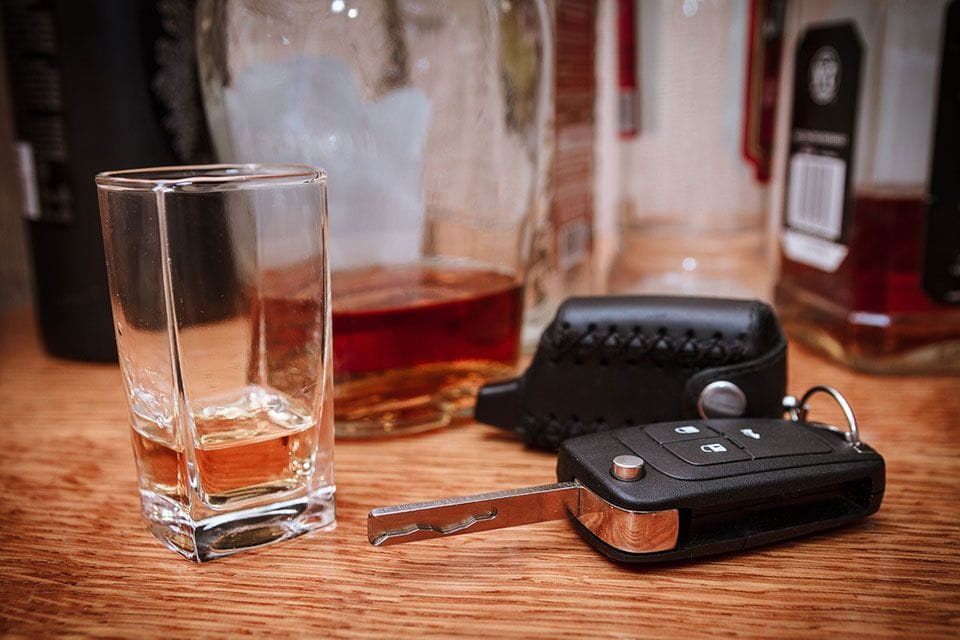One of the most common questions that is likely to enter the mind of an individual arrested for driving under the influence (DUI) is whether or not he or she will serve time in jail. While it may take a few hours of sobering up for this question to emerge, it is still one that demands attention. Too often, individuals fail to accept the fact they may have consumed too much alcohol and get behind the wheel of a car. Law enforcement is working to reduce the number of individuals making the choice to drink and drive; one of the tools of prevention is a punishment of jail time. The good news for those who want to reduce the number of DUI individuals off the streets is that laws are getting tougher in a number of states. For many, laws have been enacted that require the installation of interlock devices on the vehicles owned and driven by DUI offenders who have been caught for the first time. Stiffer fines are also being levied and the penalties for DUI convictions across the board are intensifying. In a number of states, a minimum jail sentence is now mandatory for a DUI conviction – even if it is a first offense. While there are still some states that leave it to the discretion of the court as to whether or not jail time is necessary in sentencing, a clear trend toward mandatory jail time is easily identified throughout the nation. The only downside is judges still have the discretion to suspend a mandatory sentence if they feel it is appropriate in a particular case. A judge can also replace mandatory jail time with community service. Some jurisdictions report time served after the arrest as adequate time served, suspending the remainder of the sentence if certain conditions are met. For those who have ever been affected by a drunk driver, such leniency may seem inappropriate, yet judges tend to have the bigger picture in mind when sentencing is handed down. If discretion was taken away from judges in DUI cases, every offender pleading not guilty would have to come to court for a jury trial. These individuals are less likely to accept a plea deal and would likely fight their charges more often and with more diligence. An already burdened court system could not handle the added strain and an already packed jailhouse would burst at the seams. This is not to say that DUI offenders should be given a slap on the wrist before the keys are returned. Instead, communities need to continue to narrow the focus on education and prevention. In understanding why individuals drink and drive in the first place, prevention can help to reduce the number of offenders and keep the streets a little safer for the next generation.


